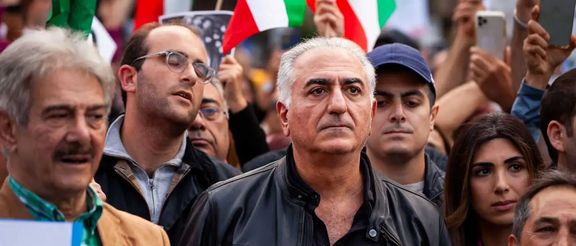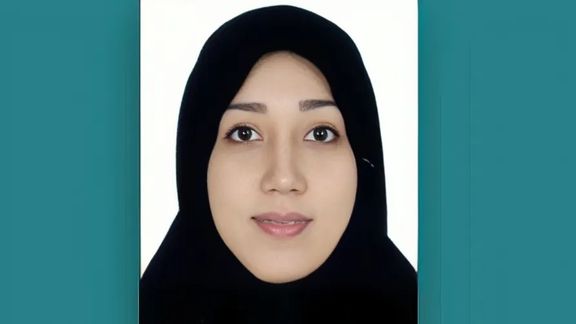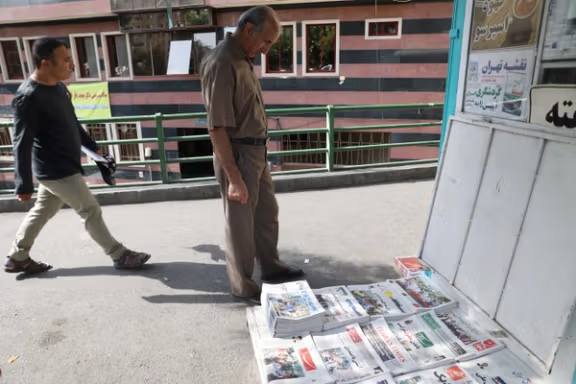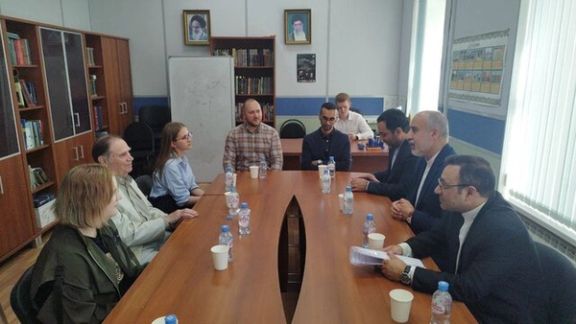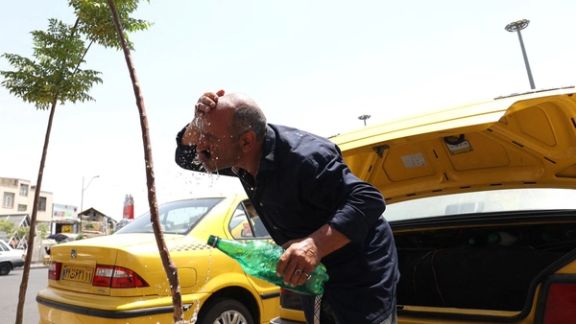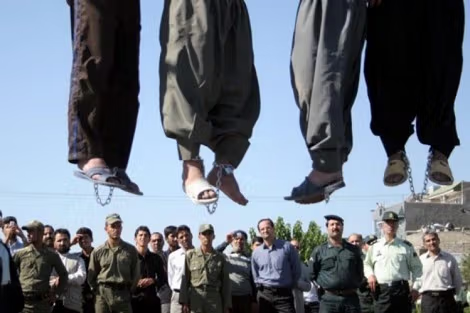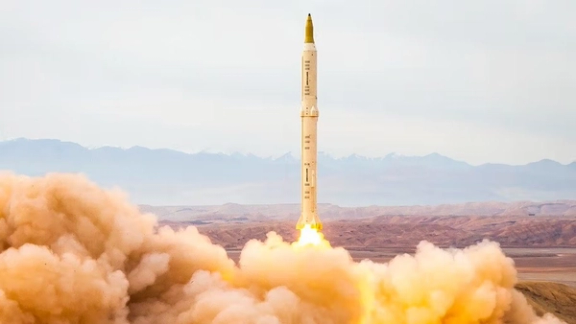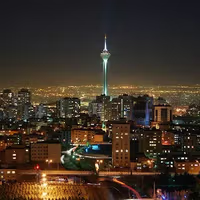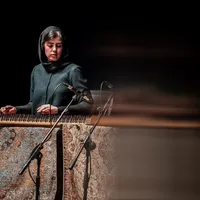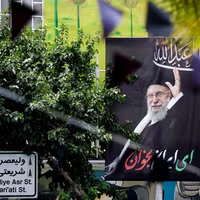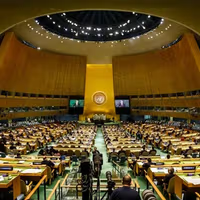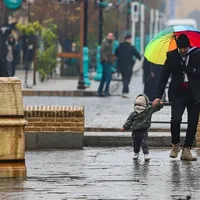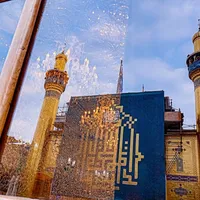Mostafa Rajabi Mashhadi, Managing Director of Tavanir, the state electricity company in charge of the national power grid, emphasized the need for $5 billion annually to sustain the electricity production cycle.
However, Reza Khatibi, an economic journalist, told Iran International that this is only part of the issue. While the annual cost to meet electricity demand is $5 billion, an additional $3 billion is needed due to Iran's energy imbalance, totaling $8 billion annually.
“However, these budgets cannot be met due to Iran's limited revenue impacted by sanctions and the government's prioritization of funding proxy groups in the region. This economic pressure is making it increasingly difficult to cover energy costs, with the future and well-being of the people not being the country's priority,” Khatibi said, highlighting the severity of the economic challenges.
Media sources report that the residential grid experienced unannounced power cuts despite temperatures exceeding 50 degrees Celsius (122 Fahrenheit). In some central Tehran areas, power cuts have extended to four hours, up from the previous maximum of two hours during hot seasons. The power supply situation in southern provinces is even more critical, leading to the closure of some government offices. The outages have significantly disrupted industries, causing considerable disruption and eliciting complaints from business owners.
Several Iranian citizens have shared videos and voiced their frustrations regarding the daily power outages disrupting their lives. The blackouts have caused significant issues, from difficulties caring for patients at home to financial losses for businesses impacted by the interruptions.
One Iranian sent Iran International a video stating, "We have a severely ill patient at home who needs electricity for medical care equipment. These power outages have had a devastating impact on us, crippling our daily lives and creating severe hardships."
Another video received by Iran International showed a citizen in Shahriar, West of Tehran, expressing concern about daily power cuts, saying, "The government is exploiting the people, and no one is coming to our aid."
Strangled by global sanctions for its ongoing nuclear program, another Iranian commented on the power shortage: "For years, we've been sanctioned over nuclear energy, yet the Islamic Republic hasn't produced a single volt of nuclear power for electricity."
Dalga Khatinoglu, an oil, gas, and economic analyst, told Iran International that since 2011, the government aimed to add 5,000 megawatts to the country's electricity production capacity annually. Still, even half of this target has yet to be achieved.
“Iranian governments have failed to meet their commitment to a seven percent annual increase in electricity production. Iran should currently produce 500 terawatt-hours annually, but it produces less than 400 terawatt-hours," Khatinoglu said.
"To cover this deficit with imports, $3 billion per month is required, but if the money were available, the neighboring countries lack sufficient surplus electricity,” Khatinoglu explained.
Iran experiences a 20 percent electricity shortfall in summer, and annual electricity consumption increases by 5-7 percent. "Even doubling electricity production growth would only prevent the shortfall from worsening,” Khatinoglu added.
Official statistics indicate that 13 percent of Iran's electricity is lost during transmission and distribution due to an antiquated grid. This amount equals the total electricity the steel industry uses, which is a significant source of export revenue.
Many of Iran's power plants also operate inefficiently on gas or steam. Rather than modernizing the grid or upgrading to efficient combined-cycle plants, the government has opted for temporary measures such as adjusting office hours and imposing industrial power restrictions.
